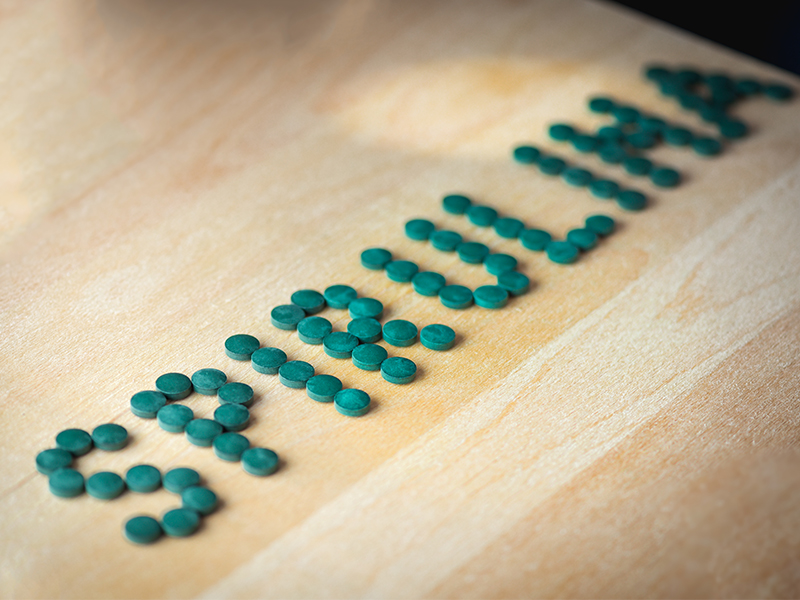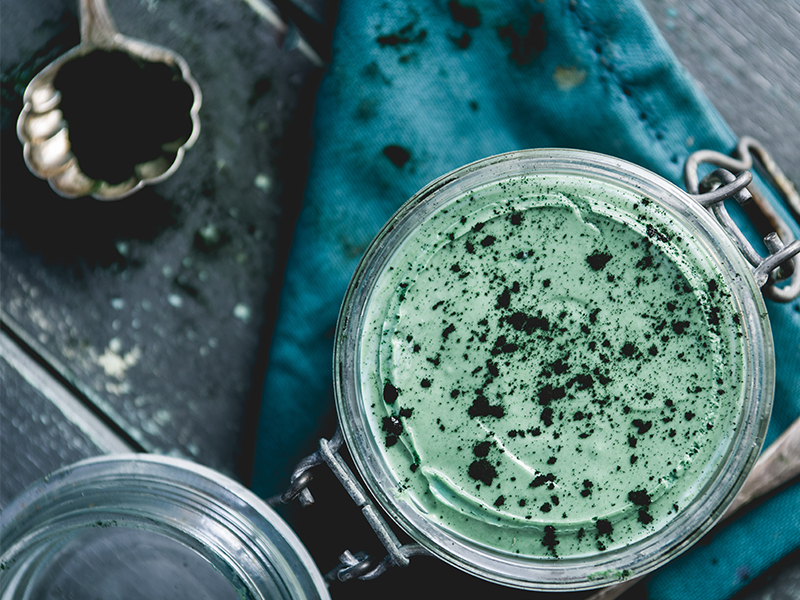Spirulina As A Protein Ingredient In A Sports Nutrition Drink—Siberian Federal University
Spirulina is two types of thermophilic blue-green algae found in freshwater bodies of Asia, Africa, South, and Central America. They are successfully cultivated all over the world and are widely used both as a food additive and as an independent product. Natural spirulina looks like a thin cylinder-shaped green thread, but most often you see these algae on sports nutrition websites or in pharmacies in the form of flakes, powder, or granules.
Scientists of the School of Trade and Services, SibFU, studied the amino acid composition of spirulina proteins, determined their biological value, and noted the special antioxidant activity of water extracts made from spirulina powder. The amino acid content of spirulina proteins was studied using a special amino acid analyzer. The team used a calculation method to determine the biological value of spirulina proteins, which proved to contain all the essential amino acids. By calculating the ratio of essential amino acids in spirulina and comparing the data obtained with the so-called ideal protein, the researchers confirmed the high biological value of microalgae proteins.

Water extracts of spirulina powder(spirulina extract, it’s also commonly referred to as phycocyanin) exhibited high antioxidant activity. Scientists found polyphenols, bioflavonoids, phycocyanin, and chlorophyll pigments in spirulina solution. These substances have a powerful regenerative effect and repair cells of the human body, resisting oxidative stress. Moreover, algae are rich in tannins and ascorbic acid.
The production of sports drinks is still relevant. Most often, drinks that help build and maintain muscle mass contain whey protein, casein, soy, or egg protein. Spirulina can become an alternative since the protein content in dry powder reaches no less than 57%. These useful threads also contain valuable polyunsaturated acids Omega 3 and Omega 6, which protect the cardiovascular and nervous system from diseases.
The scientist emphasized that although spirulina ranks only sixth among the protein-containing products commonly used in sports nutrition, the biological value of its protein is very high and comparable to that of soy isolate, which ranks first in the protein content. The protein of chicken eggs and beef has about the same biological value, but the “blue-green” protein is perfectly absorbed by the human body.
The SibFU scientists explain that the use of only 250 g of spirulina smoothie in the diet of athletes per day will saturate the body with protein by 32.5 %, carbohydrates by 12.25 %, and dietary fibre by 21.5 % of the daily value, in addition to vitamins B4 and C, potassium and magnesium. In general, the new drink can be considered a high-quality sports food product for people with increased physical activity and everyone who leads an active and healthy lifestyle.

